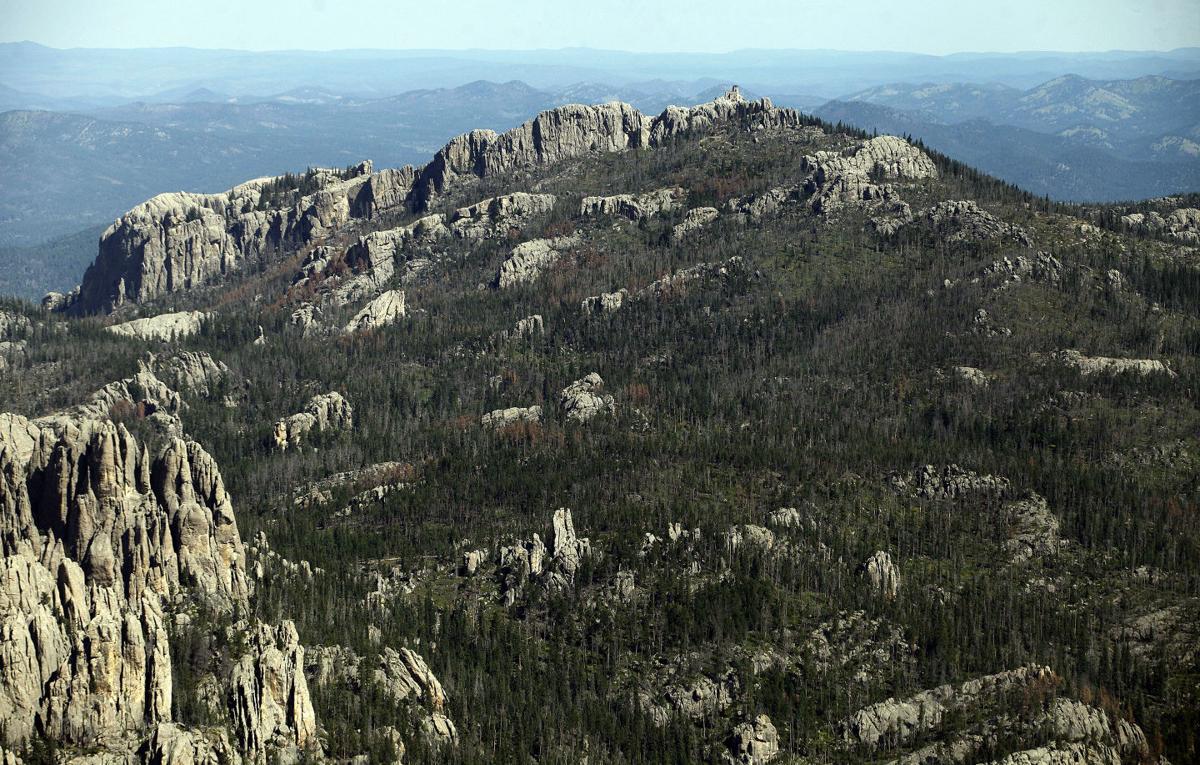Our Creation Stories Say We Were Made Here
We didn't walk, take a boat, migrate, or any other terms you want to use. This fact has been terribly inconvenient for anthropologists and others who simply want us to also be invaders to this land we call Turtle Island, albeit earlier in our encroachment. Oral history has always been looked down upon as inaccurate and fraught with error, ignoring the fact that our ability to relay oral information accurately on what is safe to eat, where to find it, how to live well, and how to be good members of the Circle of Life seem to be accepted as fact. Enough so that modern medicine is finding many of our "primitive" approaches to health are actually the sources of "new" medical treatments.
It appears that "science" is catching up to our knowledge, or at least is being confronted to facts and data that force a re-evaluation.
In work funded by the National Park Service, the National Geographic Society, the University of South Carolina, the Archaeological Research Trust (SCIAA), the Allendale Research Fund, the Elizabeth Stringfellow Endowment Fund, Sandoz Chemical Corp. and Clariant Corp., Dr. Albert Goodyear of the University of South Carolina published evidence that humans were in North America 50,000 years ago.
Now, an article in Nature online by Pedersen et al. (2016) concludes with the following statement: "Our findings reveal that the first Americans, whether Clovis or earlier groups in unglaciated North America before 12.6 cal. kyr BP, are unlikely to have travelled by [the Bering Strait] into the Americas. However, later groups may have used this north–south passageway. The Bering Strait could not have supported humans 13,000 years ago.
______________
Pedersen, M.W., et al., 2016, Postglacial viability and colonization in North America’s ice-free corridor: Nature, 10 August 2016, doi:10.1038/nature19085. <http://www.nature.com/nature/journal/vaop/ncurrent/full/nature19085.html>
University Of South Carolina. "New Evidence Puts Man In North America 50,000 Years Ago." ScienceDaily. ScienceDaily, 18 November 2004. <www.sciencedaily.com/releases/2004/11/041118104010.htm>.


